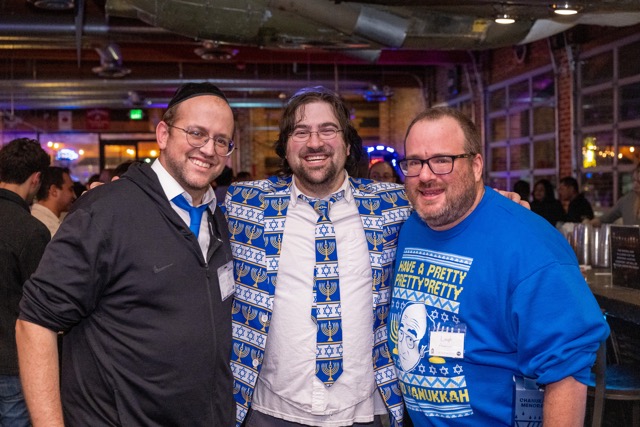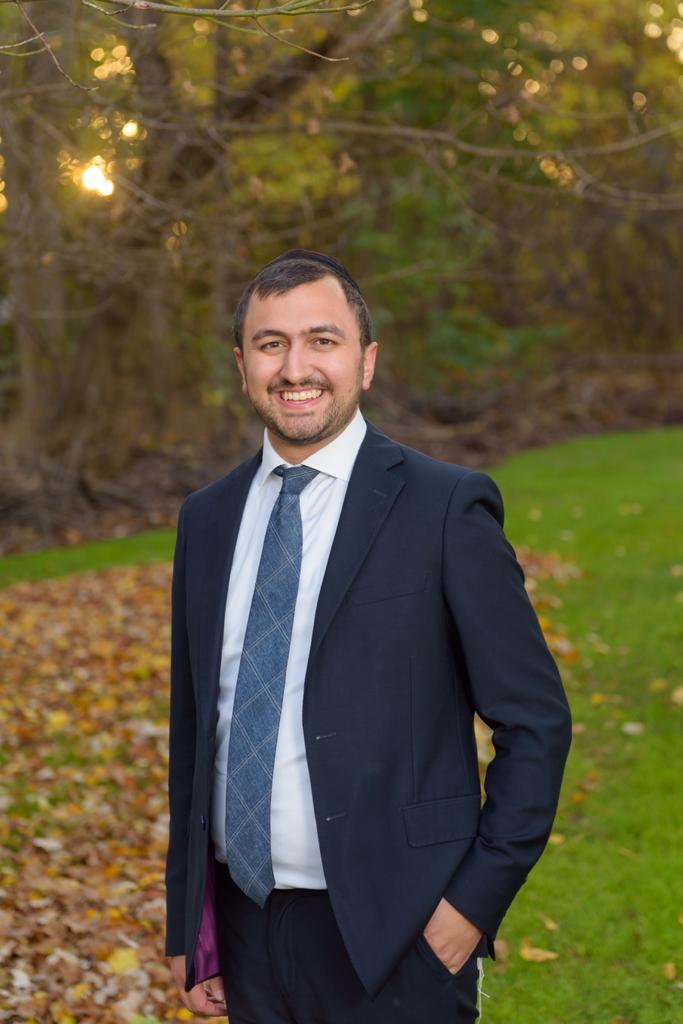By Rabbi Tzvi Alyesh
Elon Musk officially became Lord Commander of Twitter this week, sending shockwaves
through the planet. An app that limits our expression to 280 characters has changed hands, and
the ripples are felt and discussed (including on Twitter) by billions. Many claim to use Twitter as
merely a tool or a past time, but for millions of people, especially younger people, the act of
sharing on social media becomes crucial to their vision of themselves. Whether it be text
(Twitter), photos (Instagram and Snapchat), short videos (TikTok), longer videos (YouTube) or all
of the above (Facebook), our online presence becomes our face to the world and, by extension,
our identity.
This week’s parshah, Lech Lecha, is about a simple man. He has, when we meet him, no
extraordinary abilities that we can ascertain. Abraham is kind, hospitable, and family-oriented,
but possesses none of the extraordinary strengths, supernatural skills, or divine attributes that
were commonplace in the stories of the pagan deities of his time.
He hears a voice.
Throughout the Jewish holy books, God deploys a plethora of techniques to make himself
known. In Exodus 3:2, God appears to Moses in a bush of fire. Later, in I Kings 19:12, God is
the “still, small voice.” But here in Genesis, God appears in medias res. The line begins with
“And God said to Abraham,” as if we had already been discussing this conversation. But we
hadn’t. In context, the section reads as follows:
Terah took his son Abram, his grandson Lot the son of Haran, and his daughter-in-law Sarai, the
wife of his son Abram, and they set out together from Ur of the Chaldeans for the land of
Canaan; but when they had come as far as Haran, they settled there. The days of Terah came
to 205 years; and Terah died in Haran. And God said to Abram, “Go forth from your native land
and from your father’s house to the land that I will show you.”
The directive from the Holy One does not begin with the ending – He does not open his pitch to
Abraham with the promise of milk and honey. He begins with what he understands will be the
most difficult part for Abraham: Leaving. And God, who does not waste one single word, trebles
the emphasis on the painful part: Leave your land, Leave your home, Leave your family. The
triple repetition is no accident. It is an acknowledgment on the part of God that the pain of
extrication from one’s identity is far from trivial – it is a process that demands contemplation and
compassion.
God demands of Abraham that he be different from everyone else. To be holy, to live a life filled
with meaning, and to leave a legacy worth remembering, one must chart their own course. You
must extricate yourself from those around you who do what they’ve always done simply
because they know no other path. You must acknowledge the pain of extrication, yes, but you
must extricate.
So when we see the people around us working a full seven 16-hour days per week, we need not
follow that trend. We can recall that we Jews are commanded to guard the Sabbath Day and
keep it holy and for the sake of our mental health, we have one 25-hour weekly slot during
which no work can be done. When we see people curating their personas for the internet, we
can instead turn to our real friends in our communities and build authentic and deep
relationships as our full (albeit flawed) selves.
Elon Musk’s Twitter purchase is big news and worthy of discussion. But one fact remains true:
Before, during, and after this Shabbat: 280 characters will never be enough for an authentic
connection. Meet new people, talk to them, reconnect with your spirit, and heed God’s
command to Abraham: Be intentional about the person you wish to be.
Shabbat shalom from your Sloan’s Lake Rabbi






